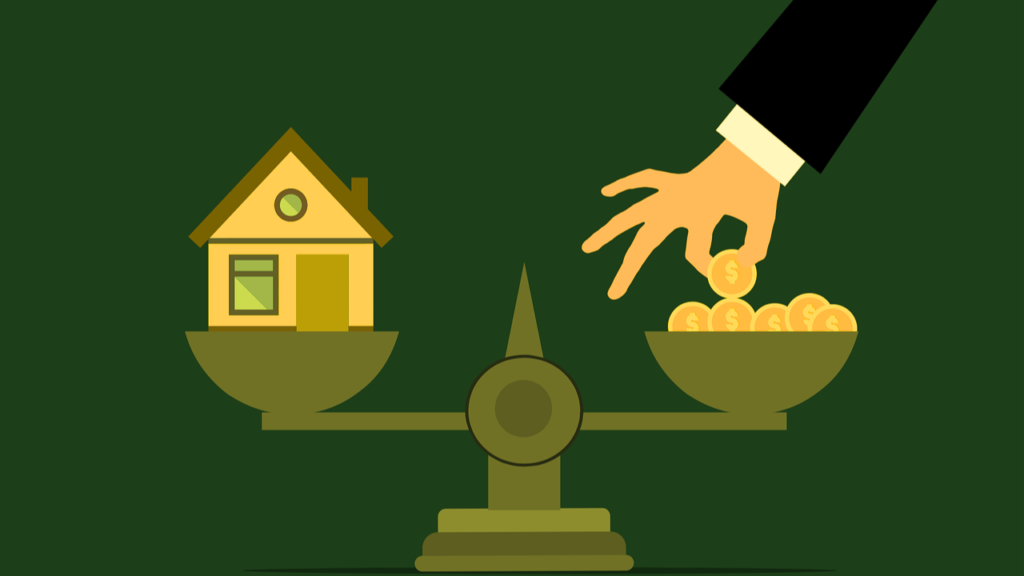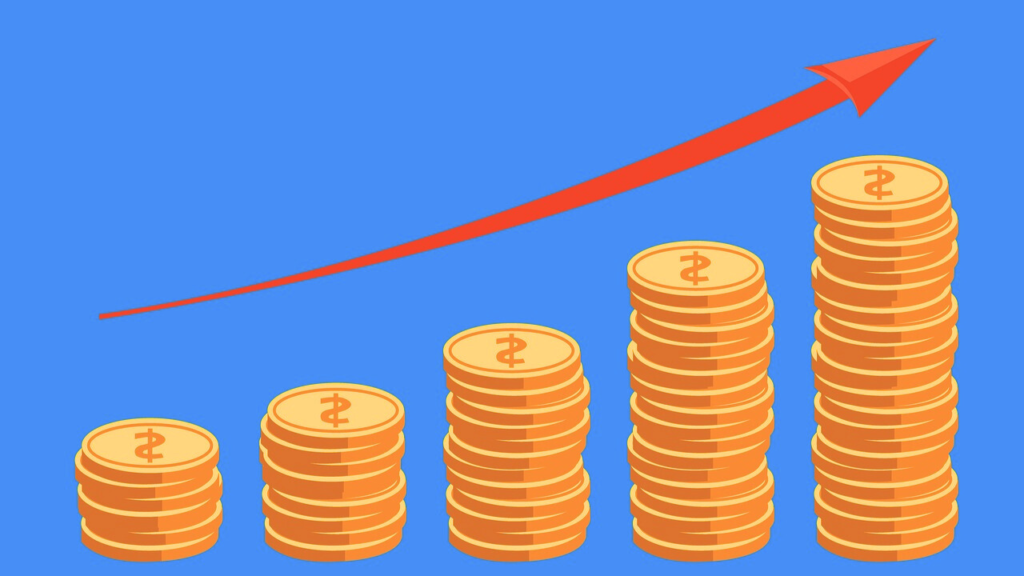Insurance:
We all have heard a lot about insurance. Insurance as a general concept is something that protects you or the things you have insured against heavy financial loss, but there is much more to it than just paying for something you pay for. They consider it worth taking a loss. We will review it in detail.

What is insurance?
In technical terms, it is a form of risk management in which the insured entity transfers the value of a potential loss to another entity in exchange for a small monetary compensation. This compensation is called the premium. In simple terms, it is like paying a lump sum to an institution to protect yourself against a possible future loss.

Why do we need insurance?
The question that comes to everyone’s mind is do I need protection? Our life is full of surprises. Which is based on some good and some bad. You need to be prepared for all the worst that can happen to you at some point. Insurance helps you feel safe and secure. There can be many reasons for which you may need insurrance such as critical illness, natural disaster, unexpected death of loved ones etc. In all such cases, being properly insured can provide significant support to your financial situation. Thus, everyone should choose the right type of protection according to their needs.General Insurrance.
Any type of coverage other than life falls into this category. Many different types of insurance cover almost every aspect of your life depending on your needs.

Health insurance:
It covers your medical and surgical expenses that may arise during your lifetime. Generally, health insurance provides cashless facilities in registered hospitals.
Motor insurance:
It covers damages and liabilities associated with the vehicle (two-wheeler or four-wheeler) against various scenarios. It protects against damage to the vehicle and covers any third-party liability as defined by law against the owner of the vehicle.
Travel insurance:
It protects you from emergencies or damage that may occur during your journey. It covers you against unforeseen medical emergencies, theft loss of belongings, etc.
Home insurance:

It covers the contents of the house or inside depending on the scope of the policy. It protects our home from natural and man-made calamities.Marine Insurance.
It covers goods, cargo, etc. from possible loss or damage during transit.
Commercial insurance:
It offers solutions for all industry sectors such as construction, automotive, food, power, technology, etc. Risk protection requirements may vary from person to person but the basic function of an insurance policy remains more or less the same.
How does insurance work?
The most basic principle behind the concept of insurance is ‘risk pooling’ a large number of people are willing to be insured against a particular loss or damage, and for this, they are willing to pay the required premium. This group of people can be called an insurrance pool. Now, the company knows that the number of interested people is huge and the possibility of all of them needing insurance cover at the same time is almost impossible.
The most common and important example of this is auto insurrance. We all have car insurrance, but how many of us have made a claim for it? Thus, you pay and insure against the possibility of loss and you will be paid if an incident occurs.So when you buy an insurrance policy, you pay a fixed amount to the company as the policy premium. If and when you decide to make a claim, the insurer will pay the losses that are covered by the policy. Companies use risk data to calculate the probability of the event – you want insurance for – happening. More likely, the policy premium. Risk assessment process for insurrance. The company only seeks the actual value of the insured entity as per the insurrance contract concluded between the parties. For example, if you have insured your ancestral home for 50 lakhs, the company will only consider the actual value of the home and the home will not hold any sentimental value to you, as sentiment is almost impossible to value.
Different policies have different terms and conditions, but three basic general principles remain the same for all types:1- The cover provided for a property or item is for its actual cost and does not consider any sentimental value.
2- The probability of a claim must be spread across all policyholders so that insurers must be able to calculate the probability of risk to set the premium for the policy.
3- Damages must not be intentional.
We have fully covered the first two points above while the third part is a bit more important to understand
An insurance policy is a special type of contract between an insurrance company and the insured. This insuranece is a ‘good faith’ contract. This means that there is an implied but very important contract between the insurer and the insured which is not usually present in formal contracts. This understanding includes full disclosure and no false or intentional claims. This duty of ‘good faith’ is one of the reasons why the company may refuse to settle your claim if you fail to notify all the required information. And it’s a two-way street. The company owes a duty of ‘good faith’ to the client and failure to do so can cause considerable trouble to the insurer.
Result:
As per this policy every solid financial plan is protected against risk. The right cover for you is determined by your needs and current financial situation. You should review and re-evaluate the costs included in your policy and assess its impact on your current financial health.
Frequently Asked Questions:
What is meant by risk pool?
Risk pooling means that small groups of individuals pool money for better insurance rates and coverage plans. Purchasing power is greatly improved because instead of approaching the insurrance company as an individual, you are approaching it as a company. This can be done by employees of companies or cooperative societies.2. Why should I buy insurrance?
1.What is meant by risk pool?
Risk pooling means that small groups of individuals pool money for better insurance rates and coverage plans. Purchasing power is greatly improved because instead of approaching the insurrance company as an individual, you are approaching it as a company. This can be done by employees of companies or cooperative societies.
2.Why should I buy insurance?
A:With a policy, you can effectively shift the potential loss to the insurance company. You can do this in exchange for a fee called an ‘insurance premium’. The benefit of insurrance is that it protects your savings in case of unexpected expenses.
3.Who will benefit if I buy insurance?
Both the insurer and the insured benefit when you buy an insurance policy. As an insured, you are safe in the knowledge that you will be protected against potential loss. Similarly, insurrance companies use the money you pay as premiums to build better business models and assets.
4.What should I look for when buying insurance?
When you buy an insurance policy from an insurrance company, you should check the premium and coverage thoroughly. All of these should suit your needs.
5. What is ‘Underwriting’?
Underwriting is a service provided by insurance companies where the firms act as guarantors for the insured. However, insurrance companies may ask individuals seeking underwriting services to provide shares or wealth as a security deposit.
6.Are the terms and conditions different based on the insurance policies I purchase?
Yes, the terms and conditions of the policy will vary depending on the type of insurrance policy you have purchased. There are two main types of insurance policies which include life insurrance and home insurrance. Insurrance generally includes health, travel, home, corporate, and auto insurrance. The terms and premiums payable will vary depending on the company you buy the policy from.
7.Can I buy from more than one insurance policy company?
Yes, an individual can purchase different types of policies. There is also no limit on the number of life insurance policies that an individual can purchase. However, for one vehicle, you will only need to purchase one vehicle insurrance policy.
8.Is there any mandatory insurance?
Yes, vehicle owners must purchase a vehicle insurrance policy. Otherwise, you will run into legal trouble.
9.What is the importance of health insurance?
A health insurance policy or medical insurrance will protect you from unprecedented medical or hospitalization expenses. If you buy medical insurrance, your savings will be protected in case you have to be hospitalized suddenly. All expenses, such as doctor’s fees, hospitalization expenses, ambulance fees, OT charges, and medicines, will be covered under the insurrance policy. This way, your savings will be safe.
The insurance premium is the amount that the insured has to pay from time to time to the insurance company to purchase the policy. When you buy an insurrance policy, the risk is transferred to the company. Therefore, the company charges a fee, known as an insurrance premium.
Insurance companies use mathematical calculations and statistics to estimate the cost of insurrance premiums they will charge their customers. Different parameters are used to calculate the premium for different insurrance policies. For example, when calculating the premium of a medical insurrance policy, age, health, medical history, and other similar factors are considered. Similarly, for other insurrance policies, life history and credit score are taken into consideration.
If you cancel your life insurance policy after paying the regular premium, you can claim at least a partial refund of the premium from the company. However, this will all depend on the terms and conditions of the insurrance policy. But after the expiry of the policy you can no longer claim the premium.
Read more: 25 Most Beautiful Tourist Places in Pakistan:
Read Must: 8 Famous and Beautiful Mosques of Pakistan:




